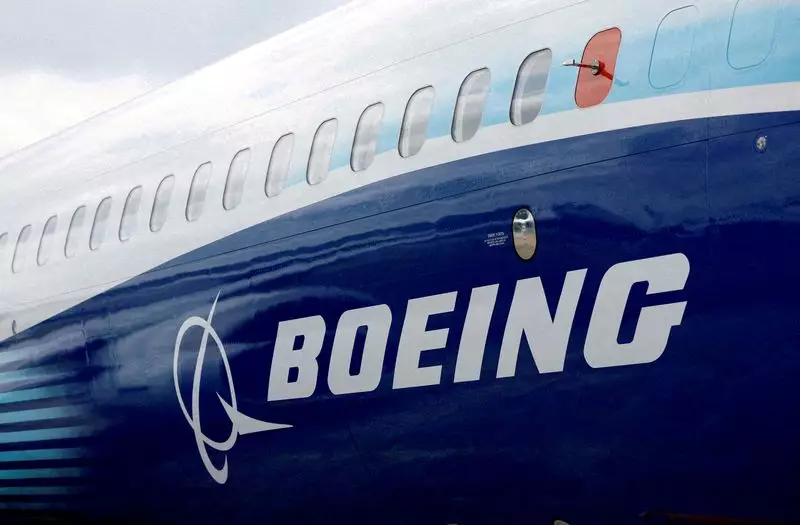Recently, Boeing made an enticing proposal to acquire Spirit AeroSystems Holdings. This acquisition deal, mainly funded by stock, values Spirit AeroSystems at approximately $35 per share. The offer provides a premium of nearly 6% over Spirit’s stock closing price on Monday, which was $33.07. Additionally, it represents a substantial 22.4% upside from Spirit’s closing price on Feb. 29, the day before Boeing’s takeover talks became public.
Initially, Boeing had considered an all-cash offer, but later transitioned to a stock-funded deal. While the final terms of the current offer are still under negotiation, it is anticipated that there might be a small cash component included. Bloomberg speculates that the deal could be announced in just a matter of days.
Boeing’s interest in acquiring Spirit AeroSystems is strategic, given Spirit’s role as a key supplier in Boeing’s supply chain. By seeking to stabilize this crucial aspect of its operations, Boeing aims to enhance the quality and safety of its products. This decision comes following incidents like the mid-air blowout on a new 737 MAX in January, for which Boeing partly held Spirit responsible for supplying incomplete or faulty parts.
Despite the potential benefits of the acquisition, negotiations between Boeing and Spirit AeroSystems have faced obstacles. One significant challenge arose over Spirit’s involvement in providing parts to Airbus. The European aerospace group expressed intentions to impede any deal that involved Boeing manufacturing components for its latest models.
If the acquisition progresses, Spirit AeroSystems may need to divest some of its manufacturing facilities to Airbus, as indicated by reports from Bloomberg. To facilitate the agreement, Boeing and Airbus have delineated Spirit’s programs into segments that each company would reclaim responsibility for. This restructuring would have implications for both Boeing and Airbus, impacting their respective production processes.
However, amidst the acquisition talks, Spirit AeroSystems reported a substantial net loss of $617 million in the first quarter and experienced substantial cash burn, exceeding analysts’ forecasts. This lackluster financial performance may intensify the challenges and complexities associated with the acquisition process for both Boeing and Spirit AeroSystems.
While Boeing’s offer to acquire Spirit AeroSystems demonstrates strategic foresight, the deal’s execution and implications are likely to encounter hurdles. The dynamics of the aerospace industry, intertwined with financial considerations and competitive interests, will influence the outcome and potential success of this proposed acquisition.


Leave a Reply